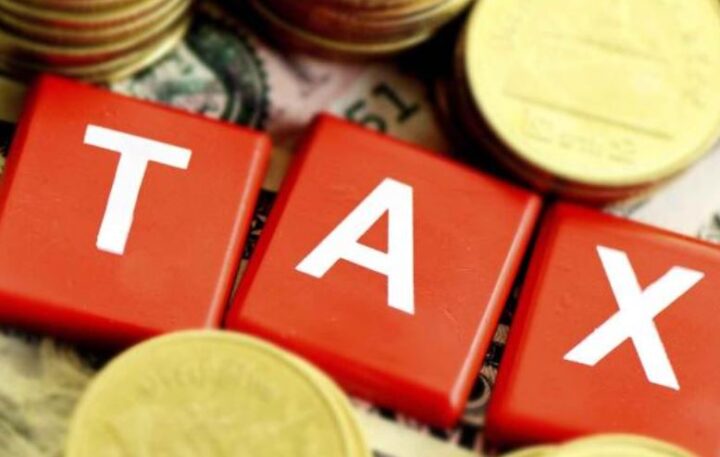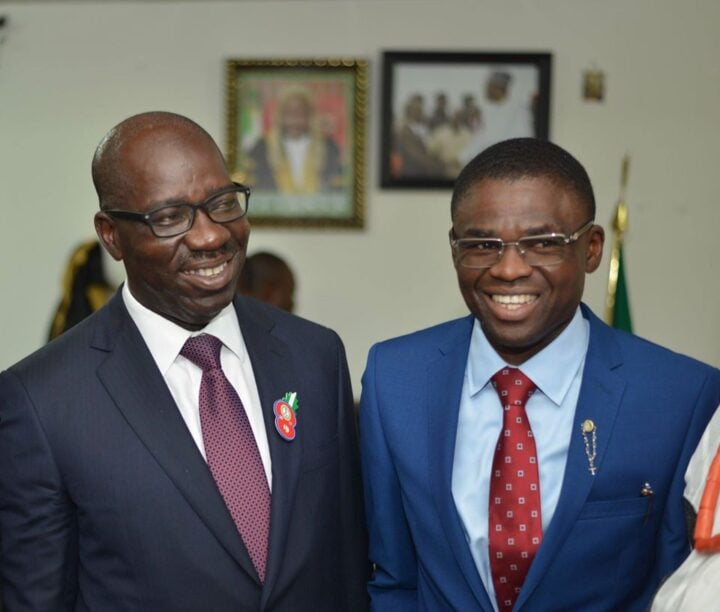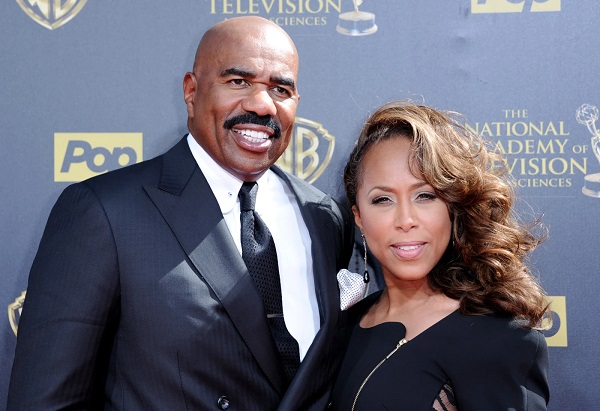Here are the seven top business stories you need to track this week — August 28 to September 1.
FINANCE ACT 2023 TAKES EFFECT SEPT 1
From September 1, 2023, the Federal Inland Revenue Service (FIRS) will begin to charge the 7.5 percent value-added tax (VAT) on items excluded from building.
The revenue agency announced the development in a public notice released on Friday and signed by Muhammad Nami, its executive chairman.
Advertisement
According to FIRS, examples of items excluded from building are radio and television masts, transmission lines, cell towers, mobile homes, caravans and trailers.
The commission said the provision is contained in the Finance Act of 2023, which had a commencement date of May 1 but was later deferred to September.
Advertisement
NBS PEGS UNEMPLOYMENT RATE AT 4.1%, UNDER NEW METHODOLOGY
The National Bureau of Statistics (NBS) says Nigeria’s unemployment rate was 4.1 percent in the first quarter (Q1) of 2023 and 5.3 percent in the previous quarter.
In the fourth quarter (Q4) of 2020, the bureau had pegged the country’s unemployment rate at 33.3 percent.
The NBS, in a statement on Thursday, said the latest unemployment report adopted a new methodology and presented an in-depth analysis of the labour market.
Advertisement
Read more on how the new methodology was used here.
NBS REPORT
The NBS also is expected to release a report on pension asset and membership data for the second quarter (Q2) of 2023
The bureau also intends to publish a report on telecoms data on active voice, internet, porting and tariff information for Q2 of 2023.
Advertisement
LOCAL MANUFACTURERS MADE N55 BILLION FROM SIM CARDS IMPORT BAN
The Nigerian Communications Commission (NCC) says the ban on the importation of whole-body SIM cards raked in over N55 billion for local manufacturers.
Advertisement
Umar Danbatta, executive vice-chairman (EVC) of NCC, disclosed this on Wednesday, at the second edition of the Nigerian Telecommunications Indigenous Content Expo (NTICE) in Lagos.
The revenue is believed to have been generated as a result of the promotion of indigenous goods and services.
Advertisement
FG, WORLD BANK PARTNER TO ROLL OUT DIGITAL NATIONAL IDs TO NIGERIANS
Shubham Chaudhuri, World Bank country director for Nigeria, says the multilateral lender is collaborating with the federal government to ensure the successful rollout and registration of digital national IDs for all Nigerians.
Advertisement
Chaudhuri spoke in Abuja on Friday, at a dinner held in partnership with the ministry of communications and digital economy.
He said there is a huge potential in leveraging digital technologies that will go a long way in driving transformation.
Also, Bosun Tijani, minister of communications and digital economy, announced that the federal government secured a $500 million loan for a local funding programme.
GAS-ENABLED VEHICLE OWNERS MAY BUY CNG AT N250 PER LITRE
The federal government is projecting a cost of N250 per litre for Compressed Natural Gas (CNG).
In an interview last Tuesday, Ajuri Ngelale, special adviser to President Bola Tinubu on media and publicity, said the federal government’s CNG initiative is very important to the president.
The special adviser said the policy, chaired by Femi Gbajabiamila, chief of staff, would roll out 11,500 new CNG fuel vehicles in the near term, focusing on mass transit systems across all states of the federation.
NIGERIA’S GDP SLUMPS TO 2.51% IN Q2 2023
Nigeria’s gross domestic product (GDP) grew by 2.51 percent in the second quarter (Q2) of 2023, according to the NBS.
The growth rate is lower than the 3.54 percent recorded in the same quarter last year.
In the report, released on Friday, the NBS attributed the 2023 Q2 growth rate to the challenging economic conditions being experienced.
The bureau said the growth rate was driven by the services sector, which improved by 4.42 percent and contributed 58.42 percent to the aggregate GDP.
Add a comment






